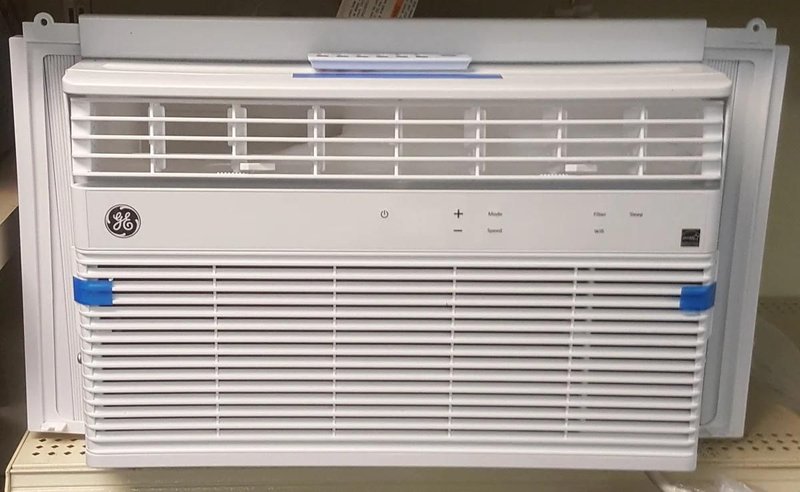
When your air conditioner throws an error code like E2, it’s a signal that something’s not quite right within the system. Think of it as your AC unit’s way of communicating that it needs a little TLC. Much like a car’s check engine light, it’s alerting you to a potential issue that requires your attention. But before you hit the panic button, it’s important to understand what this code signifies and what steps you might need to take.
Understanding Error Code E2 in GE Air Conditioners
So, what does this E2 code really mean? In GE air conditioners, the error code E2 often relates to a problem with the unit’s sensor. Now, you might be wondering, what exactly does a sensor do? Simply put, the sensor in your air conditioner helps regulate temperature by measuring the air’s current conditions. If the sensor detects issues, it sends an error message to the unit’s control board, which can affect the AC’s performance.
When the sensor isn’t functioning correctly, it can lead to inaccurate temperature readings. This is like trying to bake a cake without knowing the oven’s exact temperature. Not having a reliable reading can make it difficult for your air conditioner to cool your space efficiently, resulting in sub-par performance and possibly higher energy bills. But, if you’re worried about whether this error code poses an immediate risk, rest assured that the E2 code itself isn’t dangerous. It’s more of an alert that some maintenance might be required soon.
Next Steps When You See E2
Now that we know the E2 code often relates to a sensor issue, what’s the best course of action? First, don’t panic. Since an E2 error often doesn’t indicate an immediate safety risk, you have time to address the problem. Often, simply resetting your air conditioner by unplugging it for a few minutes and then plugging it back in can resolve the issue. This acts like a “refresh” for your AC’s system.
If a reset doesn’t work and the E2 code persists, it might be time to check the sensor itself. This doesn’t mean you need to become a tech expert overnight, but doing a bit of detective work can help. Make sure the sensor wire hasn’t become loose or disconnected. If you spot any issues, you may need to consult a professional. They’ll have the expertise to conduct a more thorough inspection and provide a quick fix or a deeper repair.
When to Seek Professional Help
Sometimes, even after a reset, the stubborn E2 code might refuse to go away. In these cases, calling in a professional might be your best bet. Trying to fix complex electrical issues without the proper knowledge can sometimes do more harm than good, much like attempting to repair a car engine with no mechanical skills.
Professional technicians have the tools and know-how to diagnose the issue accurately and can save you from unnecessary trial and error. They’ll check if the sensor needs replacement or if there’s a deeper problem within the unit. And while it might seem like an extra expense, addressing these issues promptly can prevent more serious and costly problems down the road.
Think of it as investing in your peace of mind and the longevity of your air conditioner. After all, ensuring your AC operates efficiently during those hot summer months is well worth it.
Preventative Measures to Avoid Error Codes
Wouldn’t it be great to avoid seeing the E2 error code in the first place? Fortunately, there are some straightforward preventative measures you can take to help keep your air conditioner in tip-top shape. Regular maintenance is key. This might include cleaning the filters every month, checking the unit for dust buildup, and ensuring the area around the AC is clear of any obstructions.
Additionally, scheduling regular check-ups with an HVAC professional can help catch potential issues before they become real problems. It’s like having regular dental appointments to prevent cavities; a little proactive care can keep your air conditioner running smoothly and efficiently.
Another good practice is to be mindful of the unit’s workload. Avoid setting your air conditioner to extreme temperatures, which can put additional stress on the system. Instead, aim for a moderate, comfortable setting that doesn’t overburden the AC, helping extend its life and efficiency.
In summary, if you encounter an E2 error code on your GE air conditioner, it’s crucial to understand what it means and take the appropriate steps to address it. By staying informed and proactive, you can ensure your cooling system continues to provide comfort throughout the hot seasons safely.